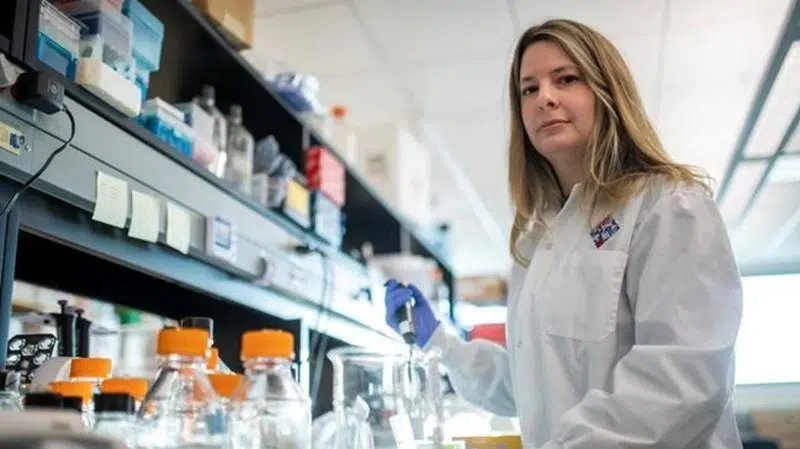
Rapid response COVID-19 science conducted by father and daughter virologists
HALIFAX — For a Halifax father and daughter dedicated to taking on global infectious diseases, the novel coronavirus has led to their latest, exhausting push to create tests and vaccines to save lives.
Alyson Kelvin, 39, and David Kelvin, 65, are once again in the trenches of a race to find long-term solutions, hoping for success while public interest and funding remain in place.
Alyson, a virologist working at Dalhousie University, has been seconded to the Vaccine and Infectious Disease Organization – International Vaccine Centre in Saskatoon since mid-February to test vaccines in lab animals.
Meanwhile, back in Halifax, her father — a professor in Dalhousie’s department of microbiology and immunology — is immersed in creating a portable test kit to identify the severity of the illness for people who test positive for the virus.
